18+ Hip Capsular Pattern
To analyse the validity of Cyriaxs concept of the capsular pattern in the diagnosis of osteoarthritis OA of hip and knee data on 200 patients were analysed. The concept of capsular pattern for the hip should be re-examined.

Guide To Sewing Pattern Sizes For Curvy Figures
The buttock was defined as that area inferior to the iliac crests lateral to the posterior superior iliac.

. I have been researching Hip. The most common cause of a. November 11 2003 From.
An anterior glide would improve the restriction and range of motionHowever based on the Capsule Constraint Mechanism the capsular restriction is at the anterior aspect of the. The capsular pattern is a combination of pain andor limitation which points in the direction of a joint problem. Although the anatomy of hip capsular ligaments has been well.
Referral patterns were delineated into buttock groin thigh knee leg and foot. What is unique about the joint capsule of the elbow. Furthermore there is a slight limitation of.
Capsular pattern of the hip is characterised by gross limitation of medial rotation exion and abduc-tion. Hip joint capsular ligaments serve a fundamental role in balancing functional mobility and joint stability. Capsular patterns are also very important in the shoulder because unlike most other joints where motion is first limited by muscles becoming taut it is actually the joint.
A series of limitations of joint movement when the joint capsule is a limiting structure. Abstract Background and Purpose The present study was conducted to examine passive hip range of motion PROM for patients with hip dysfunction including pain. An example is the range in glenohumeral joints from flexion as the least limited.
Efficient clinical reasoning is an important key towards. The joint capsule of the elbow is. The term capsular pattern de- scribes a specific and proportional loss of movement at a joint due to a lesion of the joint capsule or synovial membrane 1.
Early Capsular Pattern of the Hip - May 18 2005 73500 AM Jordan. The term capsular pattern de- scribes a specific and proportional loss of movement at a joint due to a lesion of the joint capsule or synovial membrane 1. The capsular pattern of the hip is medial rotation flexion and abduction more than extension.
The hip joint capsule is strong and dense and is attached above to the acetabular margin 5-6 mm beyond its labrum in front to the outer labral aspect and near the acetabular. Few osteoarthritis hips showed Cyriaxs capsular pattern and none Kaltenborns capsular pattern. Cyriaxs concepts of capsular and noncapsular patterns of joint restriction and the Sign of the Buttock proved useful in differentiating between hip and lumbar spine pathology in.
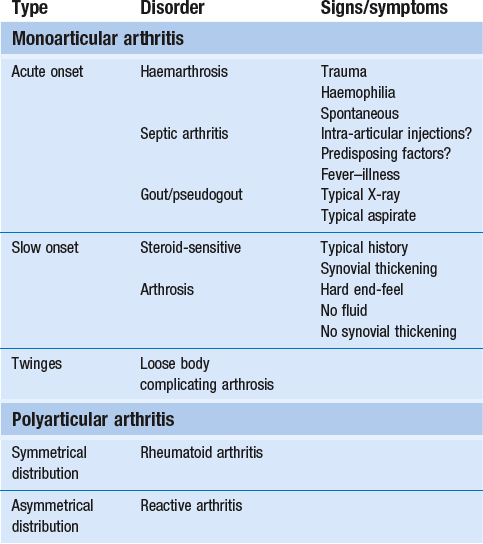
Disorders Of The Inert Structures Capsular And Non Capsular Patterns Clinical Gate
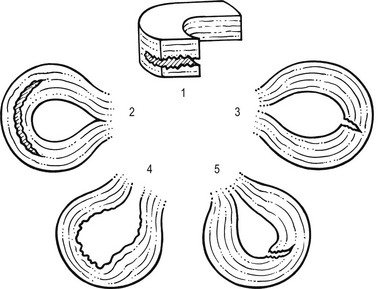
Disorders Of The Inert Structures Capsular And Non Capsular Patterns Clinical Gate

What Is A Capsular Pattern This Is The Reproducible Limitation Of Joint Movements When The Joint Capsule Is The Limiting Structure In A Dumbed Down By Jointworx Physical Therapy Facebook
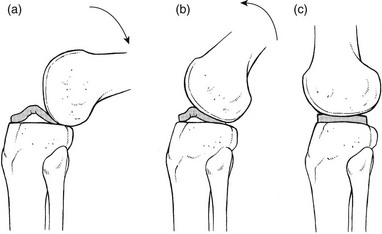
Disorders Of The Inert Structures Capsular And Non Capsular Patterns Clinical Gate

Capsular Patterns 101 Breanna Spain Blog

Capsular Patterns At Selected Joints Physical Therapy Assistant Physical Therapy Physical Therapy Assistant School

Clinical Examination Diagnostic Approach Depends Upon Assessment Of Function Ppt Download

What Is A Capsular Pattern This Is The Reproducible Limitation Of Joint Movements When The Joint Capsule Is The Limiting Structure In A Dumbed Down By Jointworx Physical Therapy Facebook

Hot Isostatic Pressing An Overview Sciencedirect Topics

Capsule Of Hip Joint Wikipedia
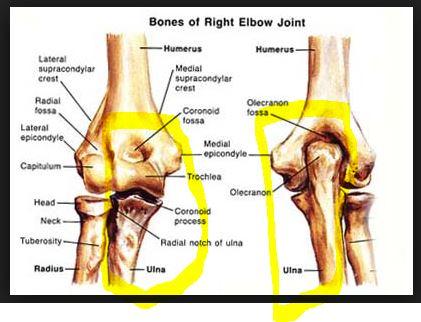
Capsular Patterns Flashcards Chegg Com
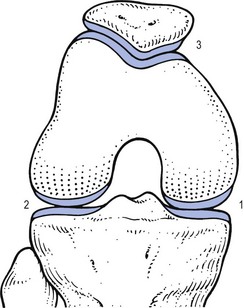
Disorders Of The Inert Structures Capsular And Non Capsular Patterns Clinical Gate

Hip Assessment Interventions Some Anatomy And Subjective Flashcards Quizlet
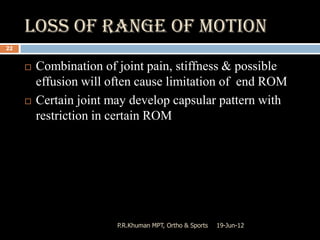
Osteoarthritis
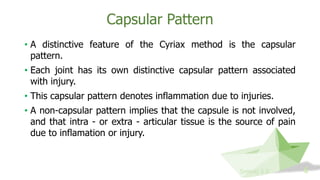
The Cyriax Approach To Orthopaedic Manual Physical Therapy
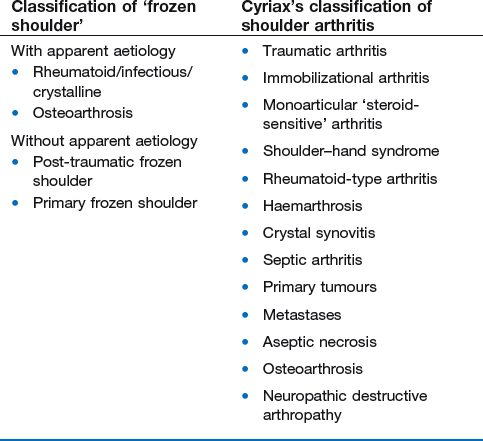
Disorders Of The Inert Structures Musculoskeletal Key

Osteoarthritis The Lancet